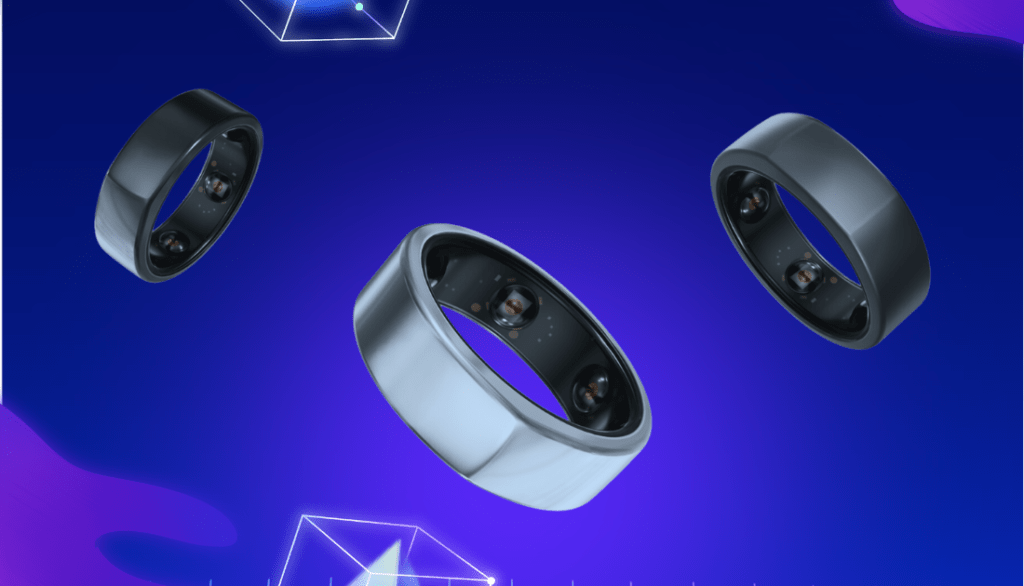This month, Samsung is set to debut its first wellness tracker in the form of a smart ring, joining the likes of Oura, a veteran in the category. Indian startup Ultrahuman has also introduced a series of updates that bolster its position in the market.
One of the standout features of Ultrahuman’s latest Ring Air is its ability to detect atrial fibrillation (AFib). This heart rhythm disorder detection is a premium feature requiring a $4.90 monthly subscription.
The AFib detection leverages FibriCheck, a photoplethysmography (PPG)-based technique, to measure heart rhythm through light applied to the skin, monitoring changes in blood volume. This method has received approval from both the FDA and European medical device regulators, ensuring its credibility and reliability.
Apple’s smartwatch has long been a leader in AFib detection, using an ECG-based method, but Ultrahuman’s inclusion of this feature in a smart ring could sway consumers choosing between a smartwatch and a smart ring. The more functionalities these wearables share, the greater their appeal to potential buyers.
Currently, Ultrahuman’s AFib detection is available in Australia, the EU, Saudi Arabia, Singapore, the UK, and the UAE, with plans to expand to the U.S. and Indian markets within the next two to three months.
Ultrahuman’s CEO and co-founder Mohit Kumar emphasized the thorough testing conducted to ensure the accuracy and reliability of the AFib detection algorithm.
With sensitivity and specificity rates of 91.86% and 97.59%, respectively, the company is cautiously rolling out the feature only where it has obtained regulatory approvals and tested for false positives and negatives.
Ultrahuman is opening its platform to third-party developers through “PowerPlugs.” This new platform allows developers to create individual apps and plug-ins that integrate with Ultrahuman’s health and wellness data stack.
Using Ultrahuman’s SDK, developers can access a wealth of health data collected from the Ring Air and the company’s continuous glucose monitor (CGM) metabolic tracking service. This initiative aims to scale the ring’s functionality to meet the diverse needs of an expanding user base, fostering innovation as competition heats up.
Mohit Kumar highlighted the importance of customization in health wearables, stating that one size does not fit all. PowerPlugs will enable users to choose the features that matter most to their health and wellness, with the potential for thousands of applications to be built on Ultrahuman’s platform in the coming years.
Ultrahuman maintains its commitment to providing a subscription-free experience for core functionalities. Unlike its main rival, Oura, which charges a monthly subscription, Ultrahuman’s ring will not require a subscription for essential features.
Certain premium services like AFib detection, metabolic tracking via CGM, and blood testing will incur additional costs due to third-party and regulatory expenses.
Privacy is a key consideration for Ultrahuman, especially with third-party developers accessing health data. The company ensures that only de-identified, anonymized data is shared with these services, minimizing the risk of privacy breaches.
This cautious approach aligns with the company’s overarching principle of maintaining a subscription-free experience for core features, while premium services that involve direct costs remain optional and clearly distinguished.


